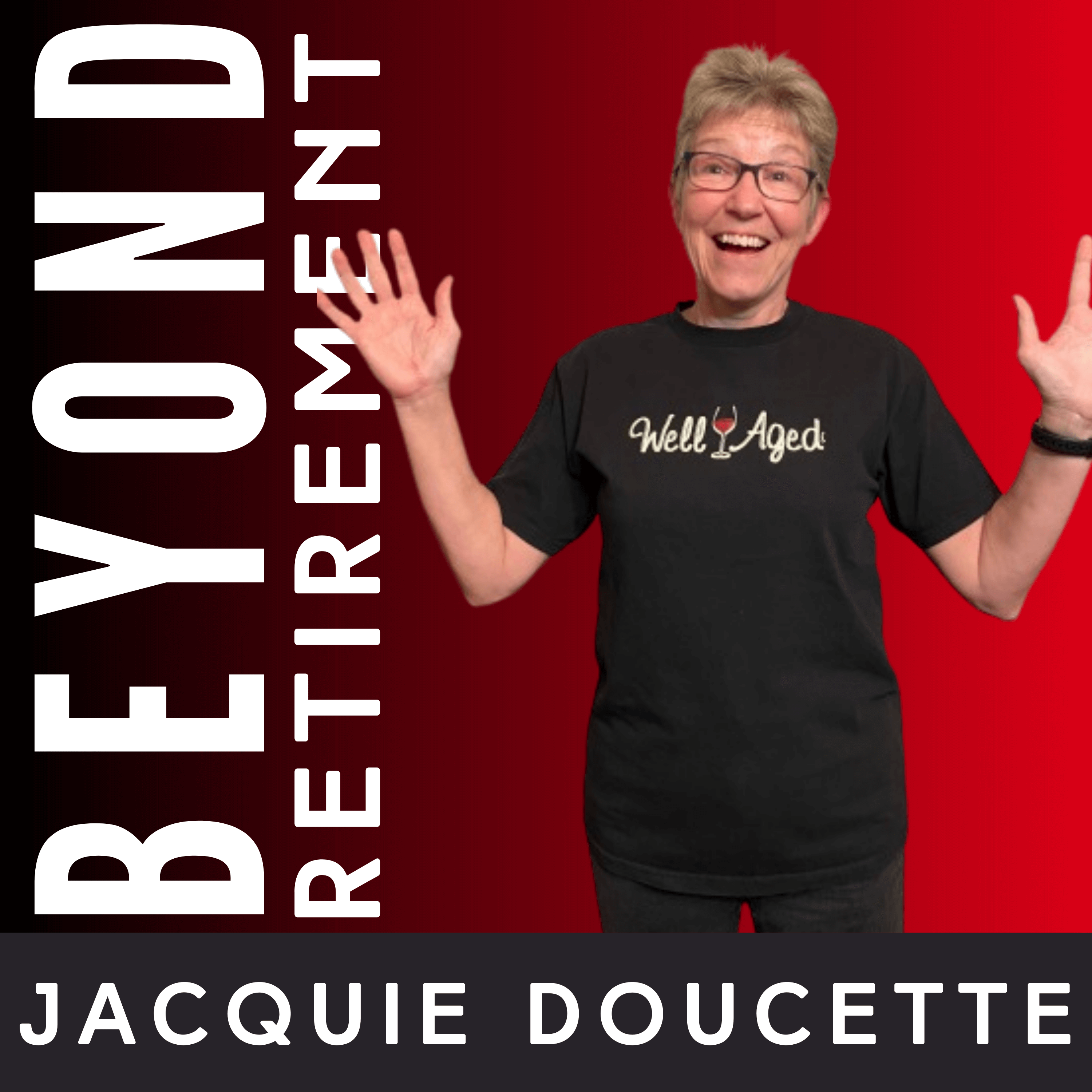
Patrick O’Malley is helping to keep people happy and he talked about how we can stimulate our brains through learning. He spoke specifically about his work teaching people how to play the guitar, but he did say that the same process works with any instrument, so if you’ve always wanted to play an instrument, maybe now’s the time to pick it up and get started! We’re not getting any younger, are we!?
I guess the first big take-away from my interview with Patrick has to be that it’s important to keep learning – and be passionate about it as you go through life – because it leads not only to improved brain health but also increased physical health. Patrick pointed out a few research studies that show how studying music decreases rates of depression and increases both cognitive and verbal skills.
Of course, not everyone wants to learn an instrument; I get that. But there are many other things to learn. Try a new language, or maybe pick a time period from history and start learning what you can about that period. I’d be willing to bet that ANY period in history had something interesting going on that you don’t currently know about.
The second thing that Patrick talked about that I’m really interested in is the idea of how to create habits. He talked about “Flossing 1 Tooth”, the idea being that if you don’t generally floss your teeth, but you want to start, one way to do it is to decide that you’re going to floss 1 tooth today. And then tomorrow, you floss that one tooth again, and 1 more. Chances are good that if you take the time to floss that first tooth, you’ll keep on and do the rest anyway. It works the same way with just about anything that you want to create a habit of doing.
I wrote a blog post about this topic a while ago – actually, the post was about 3 different books I read on the idea of habits and small changes. The books are The Compound Effect by Darren Hardy, The Slight Edge by Jeff Olson, and Atomic Habits by James Clear. The basic premise of each of them is that by making small, seemingly insignificant changes each day, you can have a profound overall effect on your life. Those small changes can be positive or negative, meaning that if you keep making small negative choices – such as watching another hour of tv at night instead of going for a walk – over time, the resulting impact will be much larger and still negative, while each day, the impact doesn’t seem to be much at all. An extra hour of tv isn’t really going to change your day too much...you might even feel perversely BETTER, if you’re a bit tired from your day, to just relax for the evening. And one day is nothing, you tell yourself. But tomorrow night, because today’s activity (or lack of it) didn’t really affect you badly, you might choose to do nothing again. Do you see how it compounds? After a few days, it’s much easier to forego the exercise in favour of the relaxation. The guilty voice in your head has been pushed aside by the little demon guy who’s saying “See? No problem! You can relax!”
By the same token, it’s pretty easy to make small positive changes without really changing your life drastically. Maybe you’ve decided to take up that instrument we spoke of earlier. So today, you play for just 5 minutes, learning how to make some sound come out of whatever instrument it is. No big deal, right? 5 min is nothing. Then tomorrow, you do the same thing again, but because you already did 5 min today, you get a bit further because you already know how to make the sound. And the next day, you’ve actually played a couple of notes, or a chord, or whatever. Now you can start to see the change happening and it gets easier to take that 5 min. It might even turn into 10 or 15 min after a couple of days, when you start to see the compounding effects of the small changes. I know you
More Episodes
 2022-10-30
2022-10-30
 2022-10-23
2022-10-23
 2022-10-16
2022-10-16
 2022-10-02
2022-10-02
 2022-09-25
2022-09-25
 2022-09-18
2022-09-18
 2022-09-04
2022-09-04
 2022-08-28
2022-08-28
 2022-08-21
2022-08-21
 2022-08-07
2022-08-07
 2022-07-31
2022-07-31
 2022-07-24
2022-07-24
 2022-07-10
2022-07-10
 2022-07-03
2022-07-03
 2022-06-26
2022-06-26
Create your
podcast in
minutes
- Full-featured podcast site
- Unlimited storage and bandwidth
- Comprehensive podcast stats
- Distribute to Apple Podcasts, Spotify, and more
- Make money with your podcast
It is Free
- Privacy Policy
- Cookie Policy
- Terms of Use
- Consent Preferences
- Copyright © 2015-2024 Podbean.com






